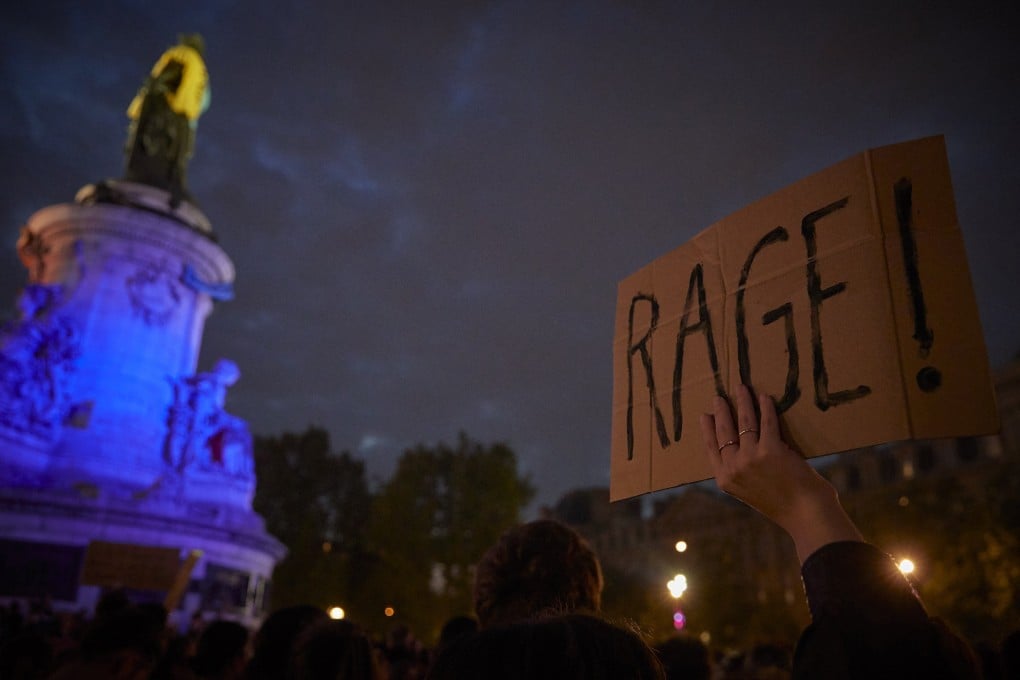Letters | What Le Pen’s showing in France means for Europe and Nato
- Readers discuss the growing popularity of anti-Nato and anti-EU politics, and the role of the US in the war in Ukraine

This year, these two parties struggled mightily in the presidential election. The Republican candidate earned just 4.8 per cent of the vote in the first round, while the Socialist candidate only got 1.8 per cent. Meanwhile, Macron garnered 28 per cent of the vote while Marine Le Pen took 23 per cent, allowing both to advance to the final round of voting.
La France Insoumise, a recently formed left-wing populist party, won 22 per cent of the vote in the first round under Jean-Luc Melenchon. This new party is asserting itself as the dominant voice of left-wing politics in France and also the potential deciding factor in breaking the stalemate between Macron and Le Pen.
The election could signal a change in France and perhaps all of Europe. France is rare among European Union countries in having a directly elected president. It is impossible for establishment parties to hold on to power in the face of rising unpopularity in a system where one vote can decide the future of the country.
The rest of Europe is different. Most European countries are ruled by coalitions where policy is decided behind closed doors as opposed to the ballot box. The European People’s Party has been the largest party in the European Parliament since 1999, holding on to power by creating a coalition. Former German chancellor Angela Merkel stayed in power by offering incentives to opposing parties to join her ruling coalition.